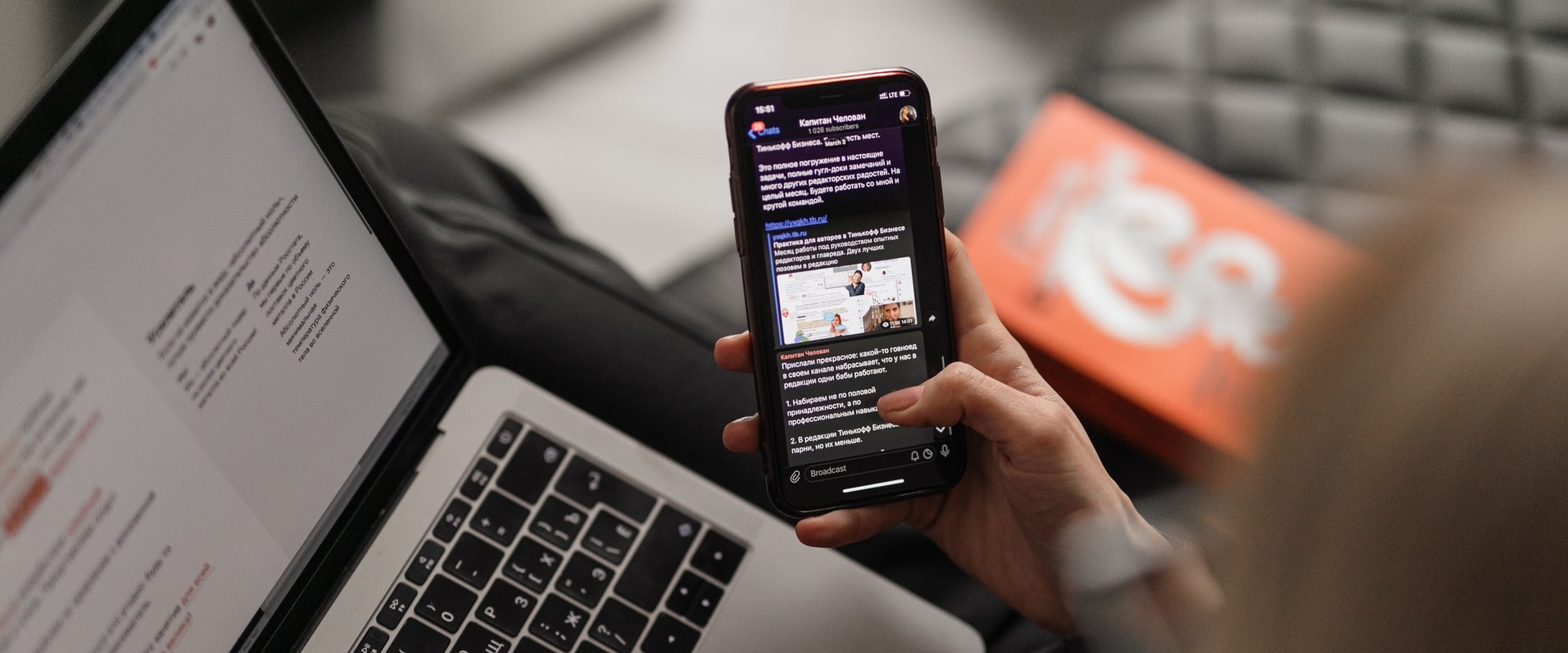
- This event has passed.
Cambridge Festival 2021 – Involving people in telehealth research during the COVID-19 pandemic

Involving people in telehealth research during the COVID-19 pandemic – The challenges of scale, engagement and inclusivity
Watch a recording of this event on our YouTube channel
Advances in online platforms, devices and smartphone technology create opportunities for researchers to continue research and engage with study participants whilst maintaining COVID-19 physical distancing rules.
In this Cambridge Festival 2021 event MRC Epidemiology Unit scientists Dr Kirsten Rennie and Dr Rebecca Richards will discuss how telehealth approaches are transforming how we are conducting research, with two examples; how we are assessing people’s health and wellbeing during the COVID-19 pandemic and in a weight management intervention.
The Fenland Study comprises over 12,000 people broadly representative of the Cambridgeshire population, and we established the Fenland COVID-19 study to determine how many participants have evidence of previous infection with COVID-19. Previously, participants in our studies have come to one of our clinical research facilities for measurements and samples to be taken, and questionnaires completed. We are now using new ways to collect data and blood samples, including an innovative blood draw device that allows a standardised dried blood spot to be taken by the participant themselves at home and sent directly back to the laboratory using regular postal service. It is the first time this device has been employed in research in the UK. The Fenland COVID-19 study also uses a bespoke app developed by Huma to collect information in real-time on symptoms, temperature and oxygen saturation, resting heart rate, diet, activity and wellbeing.
Obesity increases the risk of having a more severe COVID-19 infection. Social distancing and isolation measures imposed during the pandemic have disrupted our usual routines, and eating and exercise habits, and along with the closure of weight management services, adults with overweight and obesity may be vulnerable to weight gain. The Supporting Weight Management during COVID-19 (SWiM-C) study is evaluating a new online self-help programme to prevent weight gain and support good physical and mental health.
Innovations in telehealth such as these have promise for a range of clinical healthcare and research settings, reducing the need for people to visit clinics and maintaining better online contact. However, it is important that it is acceptable to participants and the technology does not exclude sectors of the population. The session will examine some of the challenges of these innovations posed for both researchers and participants, and how our research teams are addressing them.
Photo by Maxim Ilyahov on Unsplash

 MRC Epidemiology Unit
MRC Epidemiology Unit